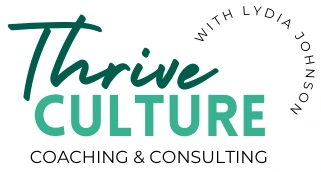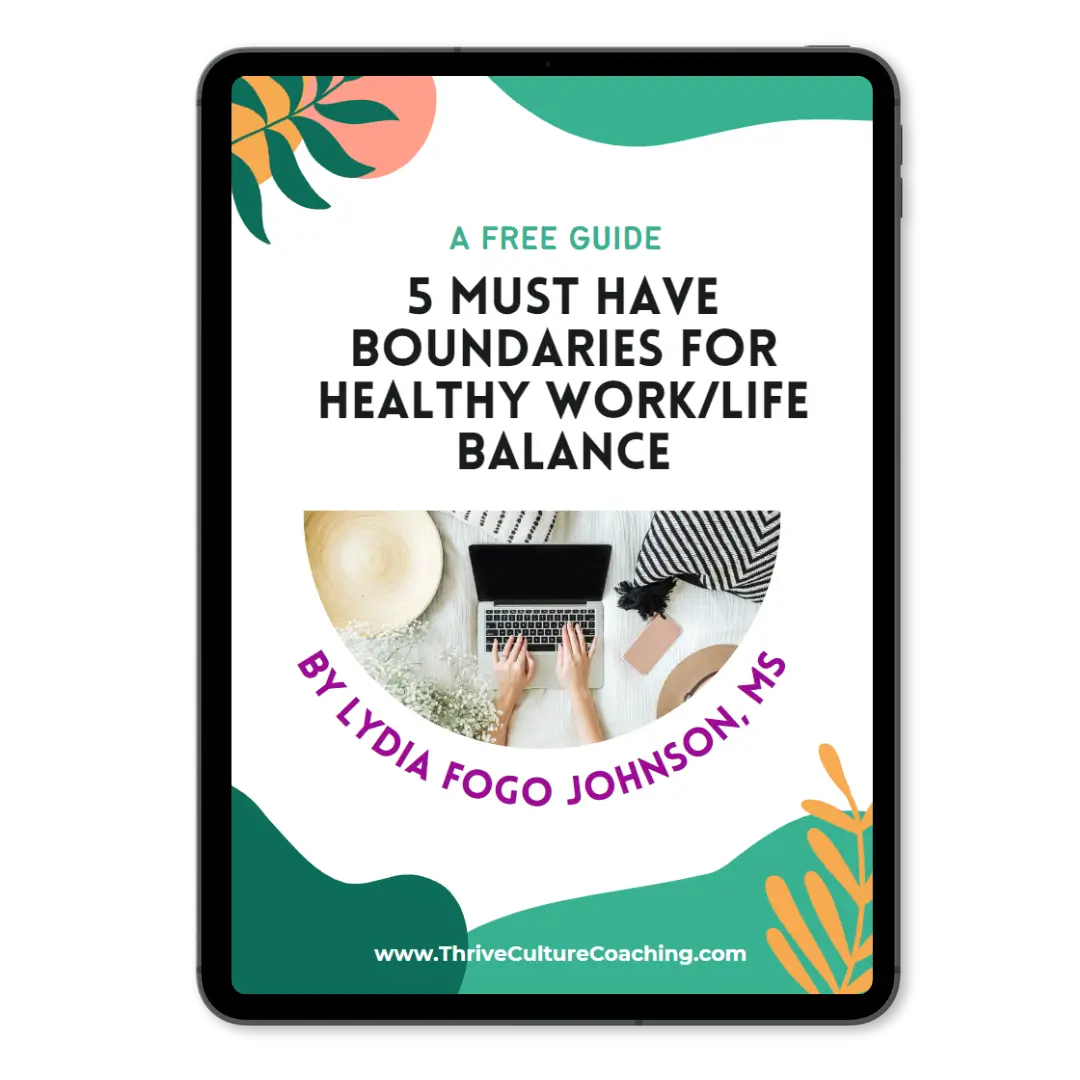Table of Contents
I am the mom of a 15-month-old, and one of the weirdest changes I’ve experienced is how I can smell my son’s poopy diaper from clear across the room.

My kid and I… and his poopy diaper (discovered during this photo) ?
Research shows your brain changes more during pregnancy and postpartum than they do at any other time in your life, including puberty. Thank god our brain is pruning neurons and laying new pathways for us to smell our baby’s shit better, right?! (There’s obviously more happening there, but why that brain? Why?)
This is neuroplasticity; the relatively recent scientific discovery that your brain can structurally and functionally adapt to meet a need.
AKA, your brain will literally physically rewire itself to meet demands or to better perform repetitive cognitive processes.
Neuroplasticity in adults is a pretty new-fangled idea. Before ~1960, scientists thought that your brain was essentially set in stone after you reach adolescence.
Now, we know that this is not true.
Neuroplasticity is important for a few reasons:
First, most of us will undergo major life changes that will fundamentally rewire our brains, such as aging, menopause, and motherhood!
Second, anything you spend a significant amount of time thinking about or doing has the potential to rewire your mind.
Given that most of us will spend over 1/3rd of our waking hours at work, it’s likely your career will be one of the largest culprits of your mind’s rewiring.
Here’s an example:
Studies show that cab drivers in London have significantly enlarged brain areas related to spatial awareness and directions… and shrinkage in areas of the brain that are less critical to memorizing the maze of London’s streets (read more here). What’s especially wild is that new cabbies experience this brain change within the course of just four years on the job.
Studies with other animals, such as monkeys, suggest that neuroplasticity can happen over an even shorter time frame. Monkeys presented with hard-to-access food showed significant brain change associated with improving their physical skills to access their food after just four months. (I’m so sorry, monkeys?)
Here’s the bottom line: Your job is changing your brain on a fundamental level.
This has pros and cons.
If you’re a lawyer, you’re probably significantly more likely to find flaws and arguments and think critically than before you went to law school. This means you’re much more successful in the courtroom… and also probably harder to have tough conversations with as a spouse.
If your job is all about analyzing risk, then you’re probably pretty great at mitigating your risk… but the world probably feels risky, anxiety-inducing, and scary.
If you’re a medical student, you’re significantly better at diagnosing diseases… and also more likely to think that you are contracting them yourself (seriously, it’s a thing. It’s called medical student syndrome).
I can testify to this mind-rewiring phenomenon in my own life.
My first degree was in fine art, and in my past life, I spent countless hours behind an art easel.
Being an artist who translates the real world into two-dimensional art pieces is pretty much an exercise in noticing.
I distinctly remember a project where we had to copy a famous artist’s work, and I had chosen one that depicted many trees. After walking out of the studio, it felt like a switch had gone off in my brain. I was suddenly aware of how many colors, variations, and shades existed within a single leaf. They’re not just green ya’ll!
When I was in art school, I literally saw the world differently than I do today.
My awareness of my visual surroundings was fine-tuned and heightened in a way most people will only experience if under the influence of illegal, visually stimulating drugs.
Today, I know that my default view of the world is not like it used to be. I am not meticulously attuned to color variations and the subtle dance of shadows…
Unless I try to be.
When I consciously attune myself to those visual stimuli, I can tap into old neural patterns, again providing me with my painterly view of the world.
That’s the thing about neuroplasticity… With conscious effort, you can deliberately rewire your automatic thinking.
That’s really good news because most of us would benefit from purposely retraining our minds.
Why?
Well, personally, I would like to have a degree of control over whats going on in my mind instead of it being unconsciously & nonconsentually rewired by my job.
But perhaps more importantly, most of us have careers that favor those who are talented at identifying problems, mitigating risks, and seeing what can go wrong and then making sure that doesn’t happen.
AKA, most of us are being trained to become pessimists by our jobs.
That’s bad because the research is quite clear… Optimists are happier, healthier, more productive, and live longer.
Luckily, there are some proven strategies that can help you consciously rewire your brain. Today, I’ll cover one. I’ll dive into a few more in the coming weeks.
Strategy One: Mindful awareness + journaling
The first step to changing your mindset is becoming aware of its current state.
So, spend some time reflecting on the thoughts and behaviors that your career frequently requires. In other words; in what ways is your job influencing your mind?
This week, make an intentional effort to notice your automatic thought processes throughout your work day.
Keep track of what you notice; make a list, journal, voice memos, whatever works for you.
Then ask yourself:
- What are this thought pattern’s positive and useful ramifications on my career? What about my personal life?
- What are this thought pattern’s negative and unhelpful ramifications on my career? My personal life?
- Are there any patterns I would like to replace, retrain, or mitigate? If so, what would I prefer to replace them with?
- What impact would making this change have on my career and personal life?
Congrats, you have a new goal!
Now, do something to help you stick with it, remember these insights, and more frequently notice your mental patterns. Perhaps you…
> Journal at the end of your work day before logging off
> Set a reminder on your phone to check in on your mental state
> Ask a loved one to be an accountability buddy
> Or whatever else works well for you
Good luck!
Some of you will do this exercise and be hit with the same realization I have experienced myself in past roles… “Holy sh*t, this job is absolutely terrible for my mental health.” If you’re in that camp, it’s time my friend. Take your health & happiness seriously. If you need help with figuring out how to make a healthy, happy, & sustainable career, I’m here for ya. Let’s chat about designing you a career where you can thrive.
Tune in next week when I’ll talk about a second research-based technique to improve your happiness, health, & productivity next week!
PS; If you’re in Chattanooga, TN, it’s not too late to join my workshop at the Chattery, all about using the science of habit formation to improve your mental wellbeing at work and at home!




Share